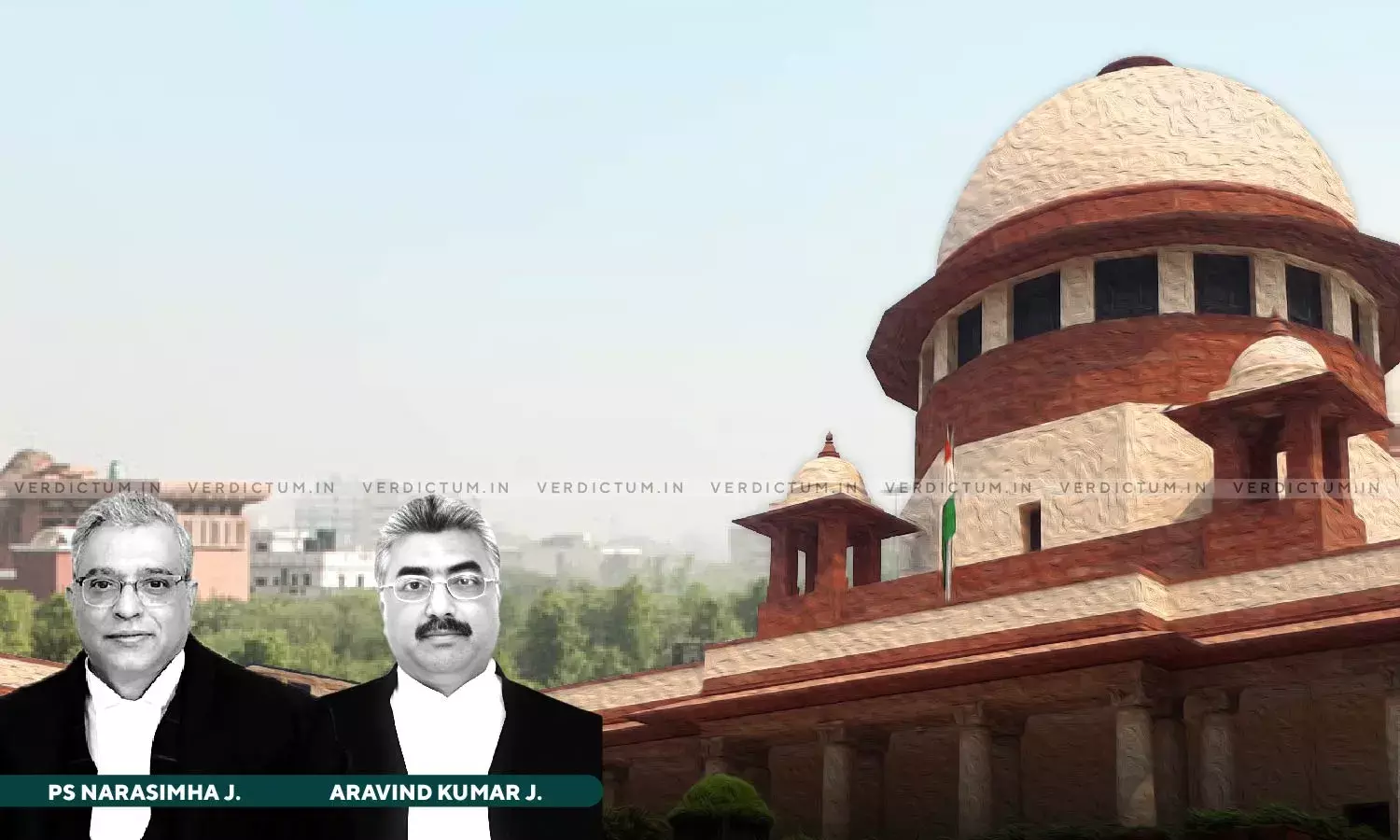Promos/Trailers Doesn't Create Contractual Relationship Between Film Producer & Consumer: SC Allows Yash Raj Films' Appeal Against NCDRC Order

The Supreme Court held that a promotional trailer does not create a contractual relationship/right/liability between a producer and consumer while setting aside allegations of unfair trade practices against Yash Raj Private Limited.
The Court dismissed the argument that the exclusion of content from the film, as shown in a promotional trailer, constituted “deficiency of service” or unfair trade practice stating that a consumer’s expectation based on the trailer did not transform it into a contractual obligation.
Justice Pamidighantam Sri Narasimha and Justice Aravind Kumar observed, “A song, dialogue, or a short visual in a promotional trailer may be seen in the context of the multifarious uses of advertisements. These could be used to popularise or to create a buzz about the release of the film, rather than to purely represent information about the contents of the film. Viewers could associate these with the film and may be interested or encouraged to watch the film. However, the kind of right or liability a promotional trailer creates would entirely depend on the civil and statutory legal regime.”
Advocate Deepak Biswas represented the appellant, while ASG Aishwarya Bhati appeared for the respondents.
The Court had to determine the legal implications of a promotional trailer, popularly known as a ‘promo’, or a teaser commonly circulated before the release of a movie, specifically:
- Whether such a promo created a contractual relationship between the producer of the film and the consumer?
- Is it an unfair trade practice if the contents of the promotional trailer are not shown in the movie?
YRF had circulated a promotional trailer of their film “Fan” featuring a song before the release of the movie in 2016. A teacher claimed to have decided to watch the movie based on the contents of the trailer, specifically the inclusion of the song “Jabra Fan.” However, upon viewing the film, the teacher found that the song was not included, leading to a complaint alleging mental agony and Rs. 60k in damages.
The District Consumer Redressal Forum dismissed the complaint on the ground that there was no relationship between the consumer and the service provider. On appeal, the National Consumer Disputes Redressal Commission (NCDRC) stated that a consumer would feel deceived if a song that was shown in the promotional trailer was not played in the film, and thereby held that the same amounted to an unfair trade practice.
The Supreme Court explained that since a promotional trailer is not an offer, there was no possibility of it becoming a promise, and further a contract.
“The essential element of an ‘offer’ or ‘proposal’ for the formation of a contract has not been satisfied in the present case. A person makes an offer or ‘proposal’ when he signifies his willingness to do something with a view to obtain the assent of another person…A promotional trailer is unilateral. It is only meant to encourage a viewer to purchase the ticket to the movie, which is an independent transaction and contract from the promotional trailer,” the Court remarked.
The Court observed, “The promotional trailer does not fall under any of the instances of “unfair method or unfair and deceptive practice” contained in clause (1) of Section 2(1)(r) that pertains to unfair trade practice in the promotion of goods and services. Nor does it make any false statement or intend to mislead the viewers.”
Finally, the Supreme Court held that promotional trailers were unilateral and did not qualify as offers eliciting acceptance since they did not transform into promises, much less agreements enforceable by law.
Accordingly, the Supreme Court disposed of the appeal.
Cause Title: Yash Raj Films Private Limited v. Afreen Fatima Zaidi & Anr. (Neutral Citation: 2024 INSC 328)
Appearance:
Appellant: AOR Sonali Jain; Advocates Deepak Biswas, Abhishek Malhotra, Subhalaxmi Sen, and Raghav Shukla
Respondents: ASG Aishwarya Bhati; AOR Mohd. Zahid Hussain and Amrish Kumar; Advocates Mumtaz Javed Shaikh, Zeeshan Zaidi, Ruchi Kohli, Vatsal Joshi, Ruchi Gour Narula, Ishaan Sharma, Vedansh Anand, Navanjay Mahapatra, and Shashwat Parihar

